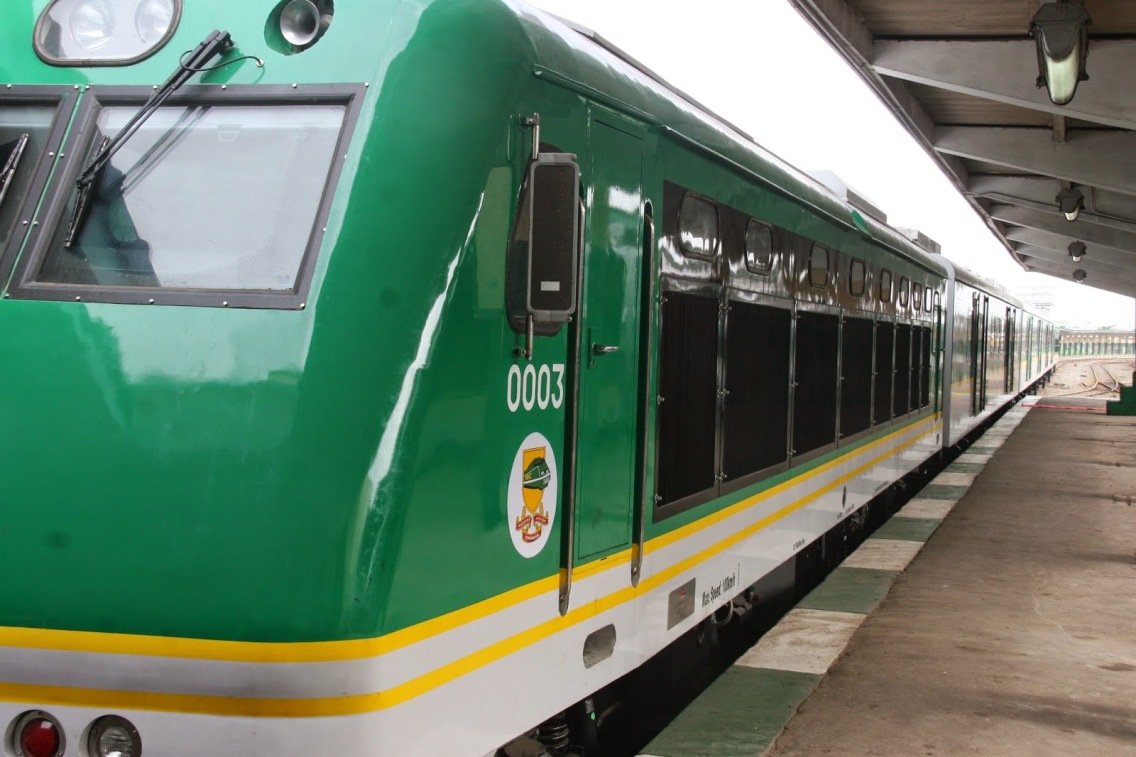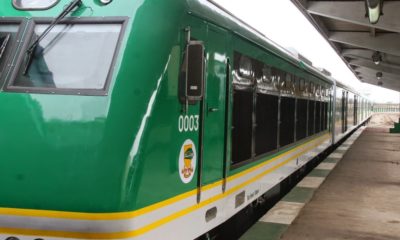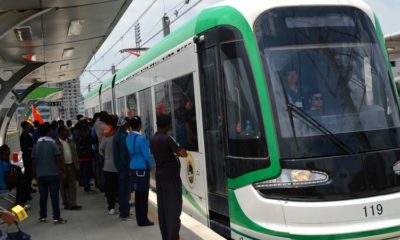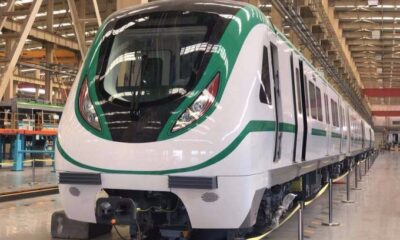Lagos-Ibadan Rail to be Ready for Use in December
The Minister of Transportation, Rotimi Amaechi, has said the $1.6 billion Lagos-Ibadan railway project will be completed by December 2020 or early January 2021.
The transport minister disclosed this during a live television programme that also had the Minister of Works and Housing, Babatunde Fashola in attendance virtually.
Amaechi also said he would work with the Lagos State government to move heavy-duty trucks from roads and boost the state accessibility.
Speaking during the programme, Fashola said without effective rail lines, Nigerian roads would not last.
“I am his biggest champion when he (Amaechi) is presenting his request in the cabinet for the rails because I know that without the rail the roads will not last,” Fashola said.
He added, “The tankers are plying excess cargo; they are moving 60,000 tonnes instead of 33,000, 40,000 or 45,000 tonnes maximum. So, the best way is to move all that cargo into the tracks.
“That is what happens in countries we want to be like and that is where we are heading. So, he (Amaechi) has my support.”
Responding to questions, Amaechi said he will work with Fashola to move cargoes from road to rail, adding that transfer of cargoes to rail would start mainly with the Lagos-Ibadan rail line.
He said, “I intend to approach him (Fashola) in January and approach the Lagos State governor so that we can see how we can deal with Apapa. Why I said that is because by December to first or second week in January, we should have completed the Lagos-Ibadan.
“Then if we do, there will be a need to decide what vehicles can go to Lagos and the capacity of such vehicles or trucks.”
Amaechi added, “If we do that, we can then transfer all the cargoes that come from Apapa seaport to the railway. We believe we could transfer that up till Ibadan while we are still constructing the rail line from Ibadan to Kano.”
The minister further stated that in two to three years, the Ibadan-Kano rail line would have received a lot of work, adding that more cargoes would move on the rail line.
He said, “In the next two to three years, we will see how much we would have tried to complete the Ibadan to Kano line. The more we are able to move these cargoes out of the road, then we can save our roads.
“Similarly, the same thing will happen from Port Harcourt to Maiduguri. So, I agree completely with the works minister, Babatunde Fashola, and I say to Nigerians to be more patient with us and allow us work to complete the projects.”

 Forex3 weeks ago
Forex3 weeks ago


 Naira2 weeks ago
Naira2 weeks ago
 Billionaire Watch2 weeks ago
Billionaire Watch2 weeks ago




 Naira2 weeks ago
Naira2 weeks ago




 Naira2 weeks ago
Naira2 weeks ago




 Naira1 week ago
Naira1 week ago




 Naira4 weeks ago
Naira4 weeks ago




 Naira3 weeks ago
Naira3 weeks ago


















